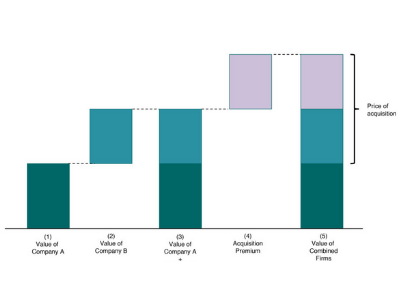What is a Valuation Premium?
A valuation premium is a type of Life Insurance calculation that finds out the premium charges on the Basis of liabilities of the company. Generally, Insurance companies a monthly fee or premiums from policyholders in exchange for financial coverage for a sudden event, such as accident or death.

These premiums that are acquired from customers are known as reserves and are typically held in investments with short-term. When comprehending the Valuation Premium, the insurance firm must ensure that it has proper policy reserves to cover the payouts. The policy reserve of an insurance company signifies the present value of the future premiums or cash flows that it has to receive. Thus, the total liability amount for an insurer is referred to as the sum of reserves for every single policy.
Talk to our investment specialist
Explaining Valuation Premium
As simple as it can be, life insurance is a contract that is made between a policyholder and an insurer wherein the company guarantees payment to the beneficiaries in case there is a sudden demise of the insured. The firm reassures a death benefit after considering the premium payments received by the insured. Basically, the amount of insurance premiums that a company charges is determined by mathematical and statistical calculations done by the underwriting department of the company.
This process of underwriting comprises investigating the family history to find diseases and analyzing varying records, such as motor vehicle reports, medical information and more. Known as actuaries, the statisticians that an insurance company hires have a responsibility of evaluating data and attempting predictions in terms of the probability of the insurance applicant to file the claim on the policy.
The higher the likelihood of a claim, the higher will be the premiums. The valuation premium of the life insurance company is the total amount of premiums that policyholders pay. Generally, such amount is set aside for authorized reserves.
Regulated insurers have to Offset their assets to cover up liabilities. Once the insurer has figured out the value of policy reserves, the firm can then compute the valuation premium that will cover the liabilities. Therefore, the insurance firm can ensure that it has assets required to cover all of the policies. Lastly, valuation premiums assist in making sure that an insurance company remains financially solvent and owns adequate means to pay claims risen from the policies. Higher valuation premiums majorly correspond with more risks and values of covered items or assets.
All efforts have been made to ensure the information provided here is accurate. However, no guarantees are made regarding correctness of data. Please verify with scheme information document before making any investment.












